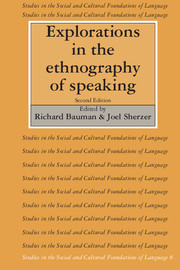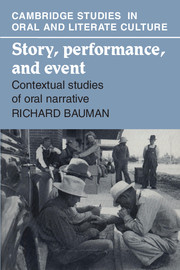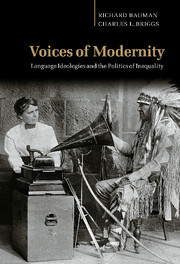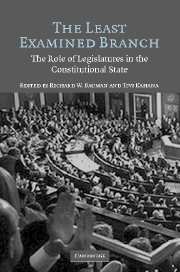Among the most highly esteemed verbal artists in late nineteenth- and early twentieth-century American society were preachers, some of whom attained a remarkable degree of celebrity. As Bakhtin has reminded us, however, ritual forms like the sermon are prime targets for carnivalesque rekeying. Sermon parodies were abundant in nineteenth- and early twentieth-century American popular culture from the Jacksonian period onward. As the producers of early commercial sound recordings in the United States (ca. mid-1890s–1920) sought to build their market with expressive forms that would be attractive to consumers, they included sermon parodies in their catalogs. The most common sermon parodies in the early commercial record catalogs had a special edge. They were burlesque performances, drawn from the minstrel-show tradition, in which performers in blackface animated popular stereotypes of the traditional African-American preacher. In this essay, I examine a sampling of these parodies of the African-American oral sermon to suggest what we can learn from them about the popular entertainments of the day, the emergent culture of commercial sound recording, and the racial politics of the United States at the turn of the twentieth century.



